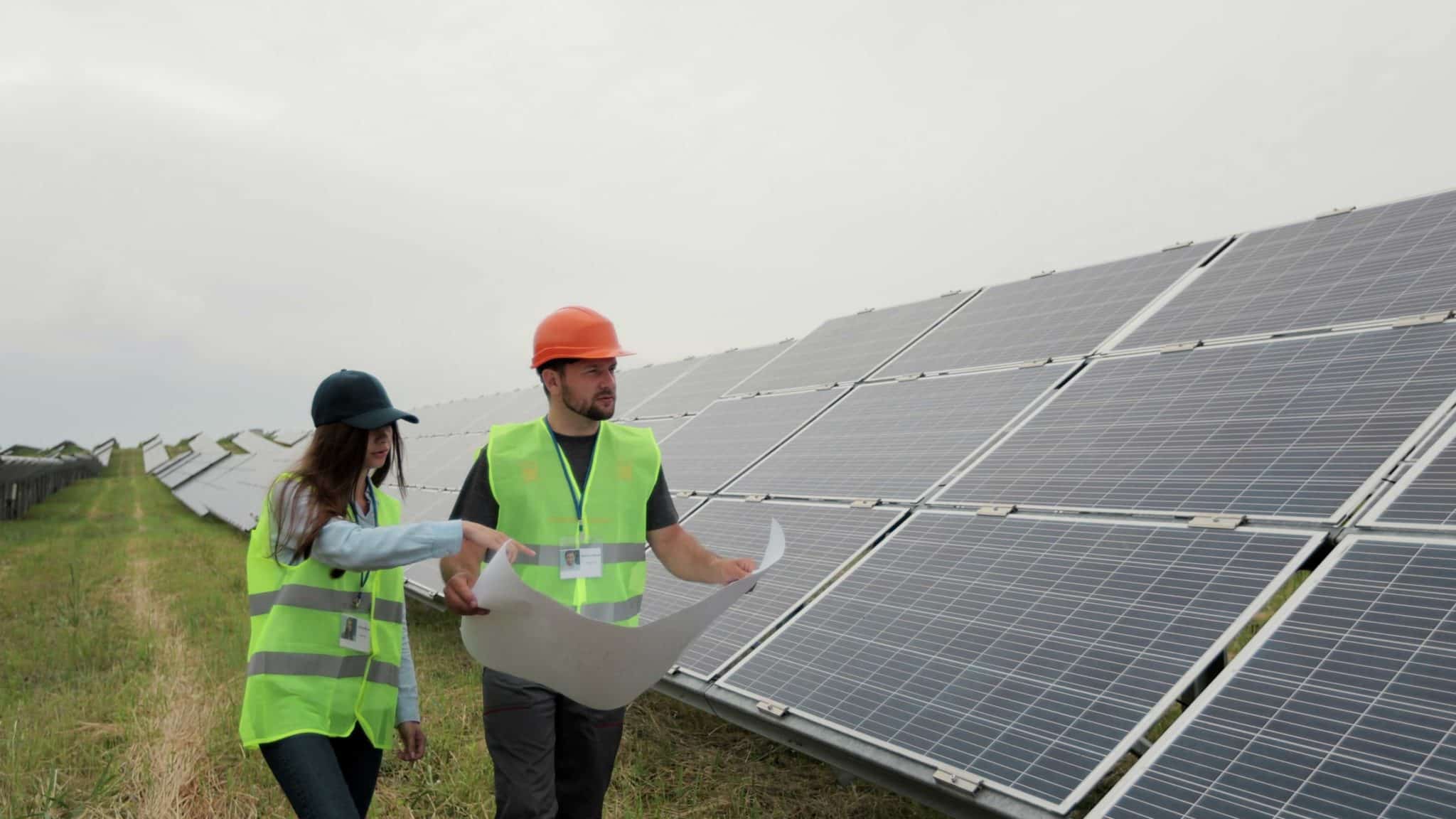Aiming to implement a common regional energy observatory database on energy efficiency (EE) indicators, ADEME in cooperation with RCREEE organized “Regional consultation workshop: Monitoring Energy Efficiency in Buildings and Appliances in Mediterranean” on December 14, 2021.
The event brings together experts from Algeria, Egypt, Jordan, Lebanon, Morocco, Palestine, Tunisia and Libya to gather feedbacks on monitoring EE strategies and policies and the state of play in their countries. Additionally, the workshop will set the basis of launching 4 technical working groups on Energy efficiency indicators implementation, Energy demand modelling and prospective tools, NEEAPs and national strategies implementation, and Specific Energy Efficiency indicators in buildings and appliances. The workshop outcomes is one of the main cornerstone of meetMED II target set to support policy/decision makers on monitoring and evaluation (with a focus on buildings and appliances).
Following the success of its first phase (MEETMED I, from 2018-2020), EU-Funded project meetMED commences its second phase aiming to enhance the energy security of beneficiary countries (namely Algeria, Egypt, Jordan, Lebanon, Libya, Morocco, Palestine, and Tunisia) while fostering their transition to low carbon economy. Accordingly, meetMED II will be contributing to the creation of more stable, efficient, competitive, and climate-resilient socioeconomic contexts in the targeted countries.
Notably, the design and implementation of the MEETMED second phase are entrusted to MEDENER, which is an international no-profit organization gathering agencies from North and South of the Mediterranean region in charge of implementing public policies on energy efficiency and promotion of renewable energy sources; and to the Regional Centre for Renewable Energy and Energy Efficiency (RCREEE), which is an intergovernmental organization aiming to enable and increase the adoption of renewable energy and energy efficiency practices in the Arab region. The project is funded by the European Commission.


